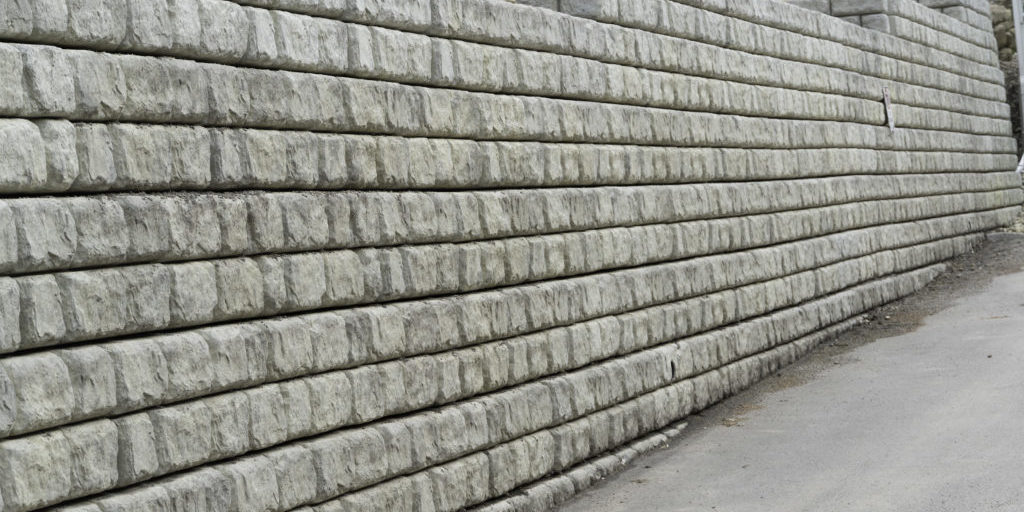
Multi-Million Dollar Retaining Wall Collapse a Lesson for South Carolina Homeowners’ Associations
A retaining wall collapse in Colorado serves as an extreme example of the costly problems created by improperly constructed retaining walls. In 2019, a section of retaining wall collapsed along U.S. Highway 36 between Denver and Boulder, Colorado. The collapse caused damage to the highway above, caused traffic delays for months, and ultimately resulted in over $17 million in damages. A 2021 engineering report evaluating the collapse concludes the wall collapsed because “the drain system below the wall did not control water which penetrated behind the wall during and after construction.” The report found the inadequate drainage caused wetting, softening, and movement of the fill and clay below the wall.
How is the failure of a highway retaining wall in Colorado relevant to South Carolina homeowners’ associations? The Colorado retaining wall collapse is just a large example of what Steinberg Law Firm’s construction defect lawyers regularly see for retaining walls just a few feet tall to retaining walls twenty or thirty feet tall. Water is the enemy of retaining walls. If a retaining wall is not properly designed and constructed to collect and drain water away from the wall, the water can build up behind the wall pushing the wall out or weakening the soil supporting the wall. Water collecting behind a retaining wall can cause the wall to collapse or can just cause the wall to move which can cause the soil behind the wall to move and damage buildings sitting above the wall. Of course, a retaining wall that is moving is a retaining wall that potentially could collapse in the future.
HOAs should not accept moving or failing retaining walls as a repair expense the HOA must bear. A properly constructed retaining wall will not experience significant movement. If a retaining wall is failing or experiencing significant movement, it is because the builder did not properly construct the wall. In South Carolina, builders and developers are liable for improper construction, including improper construction of retaining walls and other site components. A South Carolina HOA likely has a good claim to have the developer and contractor pay the costs to repair a moving or failing retaining wall.
The construction defect lawyers at the Steinberg Law Firm have experience representing South Carolina HOAs pursuing claims for improperly constructed retaining walls. The Steinberg construction lawyers have relationships with geotechnical engineers who can evaluate a retaining wall, perform any necessary testing, determine why the wall is failing, and determine the repairs needed to fix the retaining wall. The Steinberg Law Firm routinely handles construction defect cases for HOAs on a contingency basis where the HOA only pays the lawyers if they recover money for the HOA, the HOA does not pay anything out-of-pocket to pursue the claims, and if there is a recovery, the attorneys’ fee percentage and then the case costs are paid out of the recovery. If your HOA has retaining wall problems, do not accept it an as expense the HOA must pay to repair. Contact the Steinberg Law Firm’s construction defect lawyers to see if the developer and contractor can be held responsible for those repair costs.




















